Having conducted 1000 interviews throughout my career, I have accumulated valuable knowledge regarding the potential pitfalls that hiring managers often encounter. In this article, I will share the key lessons I have learned about the challenges inherent in the hiring process and how to navigate them successfully.
1. The Limitations of Relying on Resumes:
While resumes are crucial for initial screening, placing excessive reliance on them can lead to pitfalls. A polished resume does not always accurately represent a candidate’s true capabilities. To mitigate this, I have discovered the importance of focusing on specific skills and experiences required for the role and conducting comprehensive interviews to assess candidates effectively.
2. The Significance of Cultural Fit:
While skills and experience are essential, overlooking cultural fit can be detrimental. Hiring candidates who align with your company’s values, vision, and work culture is vital for fostering a harmonious and productive team. Based on my experiences, I now prioritize evaluating cultural compatibility during interviews to prevent potential pitfalls.
3. The Dangers of Rushing the Hiring Process:
Feeling the urgency to fill a vacant position promptly can lead to rushed decisions and costly mistakes. Hastening the hiring process often results in selecting the wrong candidate who fails to meet requirements or fit within the team dynamics. Consequently, I have come to appreciate the value of taking adequate time to thoroughly evaluate candidates, conduct multiple interview rounds, and seek feedback from various stakeholders to make informed hiring decisions.
4. The Importance of Assessing Soft Skills:
While technical skills are crucial, soft skills, such as communication, teamwork, adaptability, and problem-solving, should not be underestimated. In the past, I placed excessive emphasis on technical proficiency, neglecting the significance of soft skills. However, I have since realized that candidates lacking in soft skills can have a detrimental impact on team dynamics and hinder collaboration. Therefore, I now prioritize assessing both technical and soft skills to ensure well-rounded hires.
5. The Need for Comprehensive Reference Checks:
Conducting thorough reference checks provides valuable insights into a candidate’s past performance and work ethic. Regrettably, many hiring managers underestimate their importance or overlook them entirely. Recognizing the significance of reference checks, I have learned to allocate time for comprehensive assessments with previous employers. This practice reveals crucial information that aids in making informed hiring decisions.
6. The Value of Clear Job Descriptions:
Unclear job descriptions can attract ill-suited candidates or leave potential hires with unrealistic expectations. By clearly defining the role, responsibilities, and expectations, candidates gain a comprehensive understanding of what is required. This clarity minimizes misunderstandings and establishes a solid foundation for a successful onboarding process.
The hiring process is an ongoing learning experience, inevitably accompanied by pitfalls. Drawing from my 1000 interviews, I have encountered various challenges and gleaned valuable lessons. By avoiding these pitfalls and prioritizing factors such as skills, cultural fit, and thorough evaluation, hiring managers can build high-performing teams that drive organizational success. Remember, the hiring process is an investment in the future of your company, so taking the time to make informed decisions and sidestep common pitfalls is essential.

